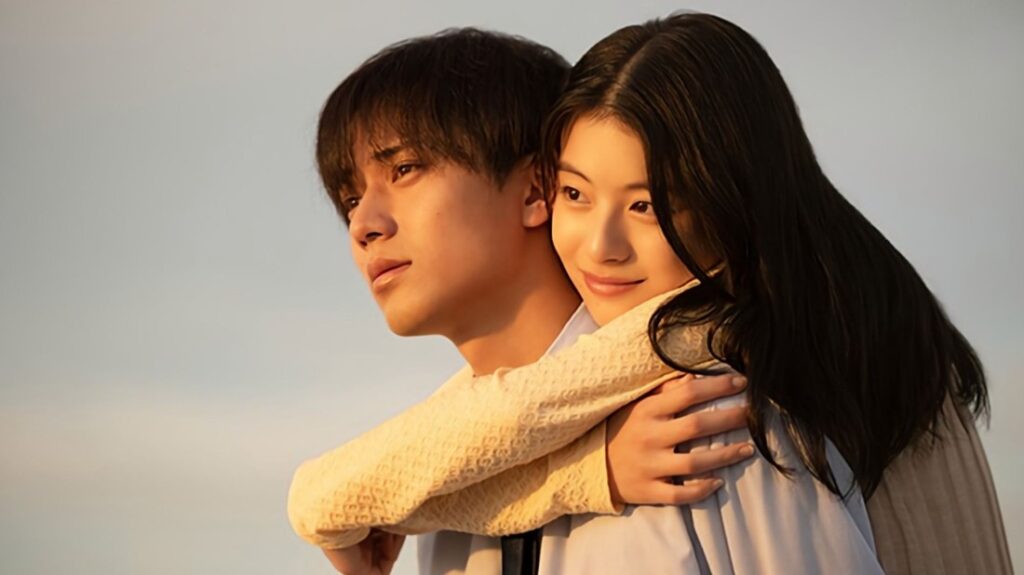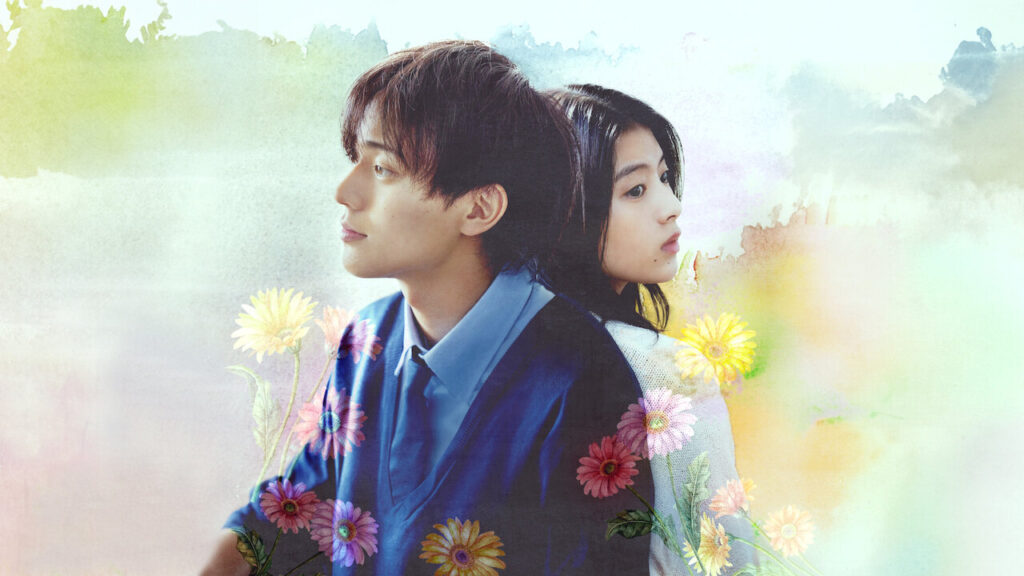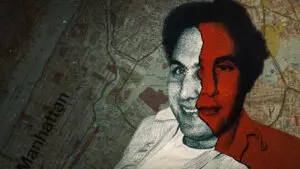Summary
Drawing Closer aims for the heart but also provokes the mind as it entwines romance with the meaning of life.
The thing about romance movies that center on the inevitable death is that they are blatantly made to upset you. And you have to be OK with that, or there’s no point in embracing it. Like Me Before You and The Fault in Our Stars, the Japanese Netflix movie Drawing Closer (which is based on a book by author Ao Morita), plays with “young love” and a tragedy waiting to happen. Despite feeling anxious due to the predictable, I enjoyed the sweet-natured approach and the lessons conveyed.
I was not expecting much. The movie sells itself as a sentimental, laidback, romantic story, but the strength of the characters compelled me. A terminally ill high school boy named Akito, who has one year to live, crosses paths with a girl named Haruna, who is also terminally ill and does not have long to live. They cross paths by chance, and the twist in the tale is that Akito does not tell Haruna he is dying but instead gives her reasons to enjoy life.
When Akito meets Haruna, he is downbeat about life: he’s received the gravest news that his young life has been cut short, and he’s stunned that Haruna is looking forward to heaven and is optimistic about how she talks. This is a “boy meets girl” story, with both characters having something to offer each other. One needs a reason to be happy with the time they’ve got left, and the other needs a reason to enjoy life before they die—the perfect concoction for a romantic dynamic.

(L-R) Akito and Haruna in ‘Drawing Closer’ (Credit – Netflix)
The strength of the story comes from the characters. Despite suffering from terminal illnesses, they provide an aspiring angle for the audience: life is far too short, so live each day as if it is your last. Of course, this is a problematic idea to gauge in simple terms, but when it comes to potential real-life scenarios, the story of Akito and Haruna hits home. Drawing Closer reminds the viewer routinely that these characters are young and do not have long to live, and it feels purposeful so that we understand that time is limited.
Of course, it’s easy to nitpick at Drawing Closer for its bare story strands that would have benefitted from more logic. It appears too easy for Akito to befriend another patient in the hospital without having much intervention or issues. The story decides to keep their symptoms light, too. While the odd scene evidences their fate, it’s not full-on, as, say, The Fault in Our Stars, where you can see one of the characters walk to their deathbed. But I suppose it had to be illogical to some extent because Akito was keeping his condition a secret.
I’m not saying I wanted the outcomes of both characters’ burdens to be more severe, but it would have certainly made the movie sadder. It’s likely that the director Takahiro Miki wanted a gentler approach to a grave subject and focused on the beauty of life instead. I wish the story had been more serious to justify its two-hour runtime.
Either way, Drawing Closer justifies its purpose as a decent adaptation of a hit novel. Will you evaluate the meaning of life during and after? Yes. Will you think of your loved ones more? Yes. Will you be wary of your death rather than thinking of it as a myth? Yes. I’d say the director ticked all the boxes.
RELATED:




